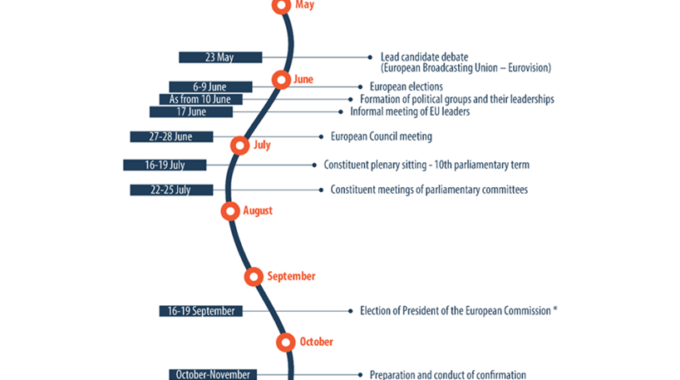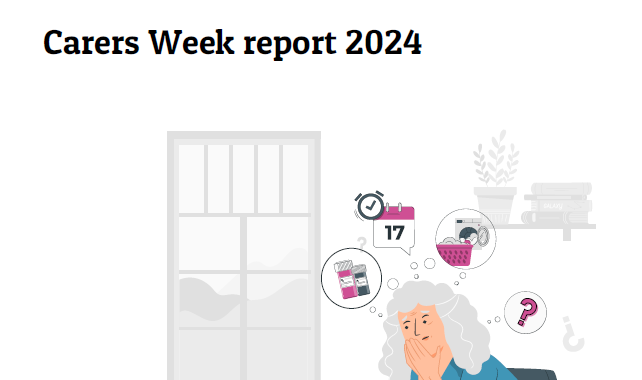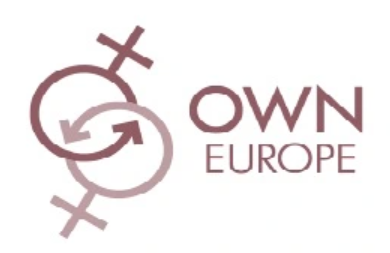
European Parliament Informal Carers Interest Group discusses EU initiative on long term care
The European Parliament Informal Carers Interest Group, coordinated by Eurocarers, held a meeting on 23 February. This event, entitled, ‘Towards an ambitious EU initiative on long term care’, brought together MEPs and other policy makers as well as leading stakeholders to discuss the urgent need for an ambitious and comprehensive EU initiative on long-term care.
The time for such an initiative is right: the Portuguese Presidency is planning to adopt an Action Programme to concretely implement the European Pillar of Social Rights (which has a clear reference to the right to long term care); the European Parliament has a clear focus on care provision; and many representative organisations, active in the care domain, are stepping up their advocacy activities, speaking out on the need for EU action on care and caring.
The meeting provided the opportunity for MEPs Dennis Radtke and Frances Fitzgerald to introduce the European People’s Party’s current plans to propose a Care Strategy for the EU, which will address care and caring across the board, better data collection, gender equality, ensuring a proper care infrastructure as well as employment and care.
Stakeholders, representing organisations of older people, care service providers, trade unions and many other social areas, voiced their priorities in the area of long-term care and advocated the need for the EU to ensure sustainable, fair and high-quality long-term care across the EU.
It was underlined that apart from the specific Article addressing the right to long term care, the Pillar includes many other Articles that have a bearing on carers, such as the right to equal opportunities, old age income and health care. Moreover, tree are many other EU-Level initiatives that refer to the need to cater for the increasing need for long term care, such as the Structural Funds, the Green Paper on Ageing, the Work/Life Balance Directive, the upcoming report of the Social Protection Committee, the Gender Equality Strategy, EU action on the digital transformation of health and care… All of these recognise and call for more support for informal carers; the basic elements are already in place for a more comprehensive approach.
A full meeting report is available.





